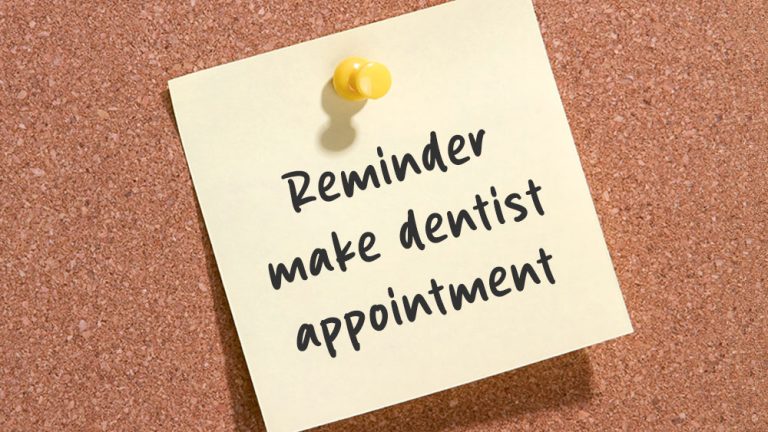Preventative dental care is the foundation of lifelong oral health. It is not only about maintaining a clean smile but also about preserving the health of the entire body. Preventative care means taking proactive steps before problems begin. It involves regular brushing, flossing, dental checkups, cleanings, and healthy habits that reduce the risk of tooth decay, gum disease, and many other oral health complications.
The mouth is a gateway to the body. If oral health declines, other health issues often follow. Studies have shown links between poor dental hygiene and various serious health conditions including heart disease, diabetes, and respiratory problems. Preventative care is essential because it helps stop these issues from developing in the first place. Rather than waiting for pain or discomfort to arise, individuals who follow preventative practices can enjoy peace of mind knowing that their teeth and gums are being protected on a daily basis.
The best preventative dental routines begin at home. Brushing teeth twice every day with a fluoride toothpaste helps remove plaque and prevent cavities. Flossing is just as important as brushing because it removes particles and bacteria from between the teeth and along the gum line. Rinsing with an antibacterial mouthwash can also assist in reducing harmful bacteria in the mouth. When these simple actions are done consistently, they form a powerful shield against the most common dental problems.
Regular visits to the dentist are also an essential part of preventative care. Professional cleanings remove plaque and tartar that daily brushing cannot eliminate. During these visits, dentists can identify signs of early problems such as cavities, gum inflammation, or even oral cancer. Early detection allows for easier, less invasive, and more affordable treatment. Skipping dental visits may lead to delayed diagnoses, more pain, more complex procedures, and greater costs.
Another important benefit of preventative dental care is financial savings. It is far more economical to invest in routine care than to pay for major procedures caused by neglect. Fillings, root canals, crowns, and extractions are expensive and often uncomfortable. Preventative care helps avoid these procedures altogether.
For children, preventative care is especially important. Establishing good dental habits early helps build a lifetime of strong teeth and healthy gums. Parents who teach their children to brush and floss daily, eat nutritious foods, and avoid sugary snacks provide a strong start toward lifelong oral wellness. Pediatric dental visits ensure that baby teeth develop properly and that any issues are addressed promptly.
Diet plays a major part in preventative dental health as well. Foods high in sugar and acid wear down enamel and promote bacterial growth. A healthy diet filled with lean proteins, vegetables, whole grains and fruits helps keep teeth and gums strong. Drinking lots of water, especially fluoridated water, further protects teeth and washes away food particles.
Preventative dental care is not only smart, it is empowering. It places control in the hands of individuals who want to live healthier, happier lives. Rather than waiting for pain or tooth loss, people can choose to act early, to preserve their natural teeth, and to maintain their best smile.
In conclusion, preventative dental care is the best approach for everyone. It keeps the mouth clean, the teeth strong, the body healthier, and the wallet safer. It is simple, effective, and completely within reach. Preventative care today means a brighter, healthier tomorrow.

